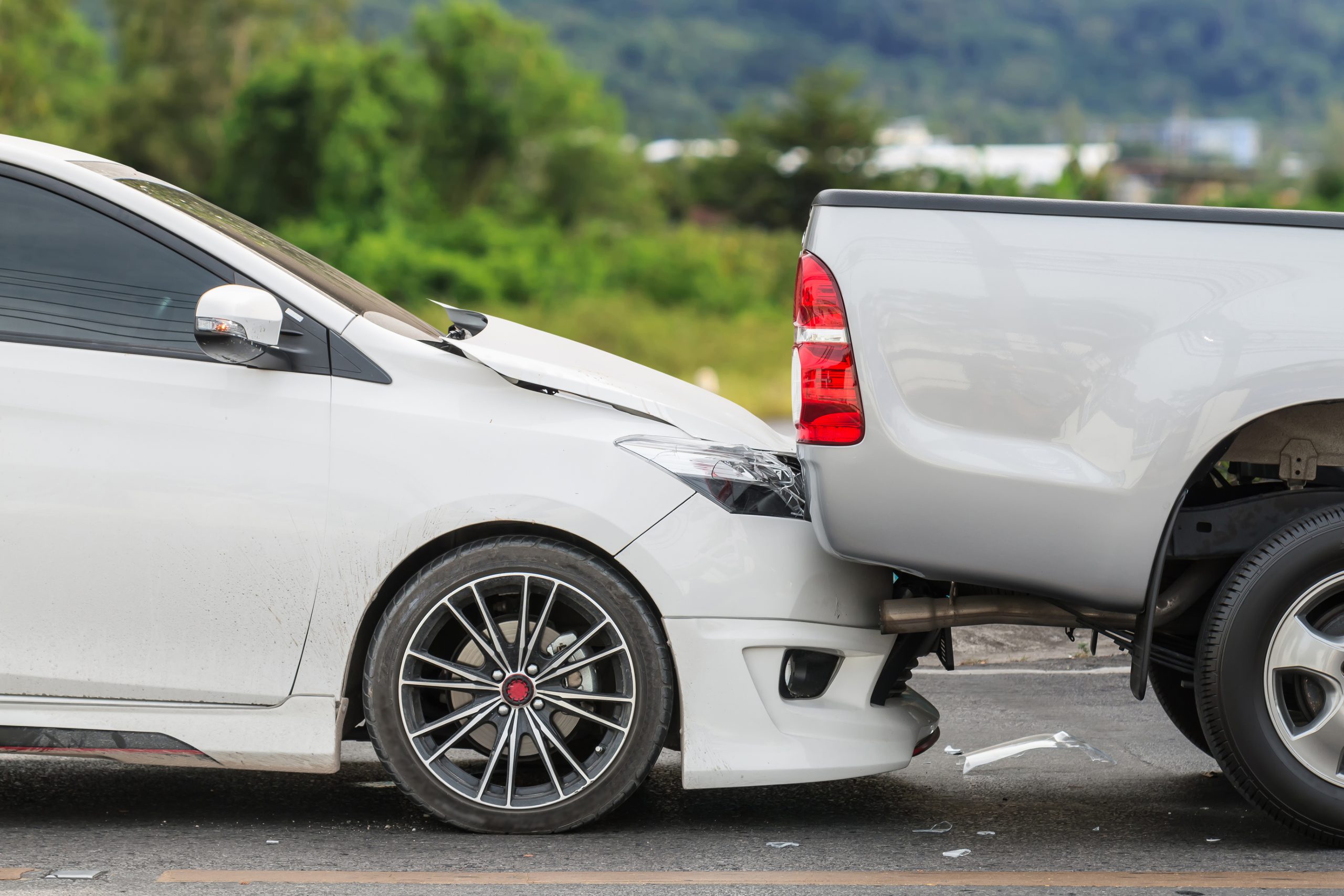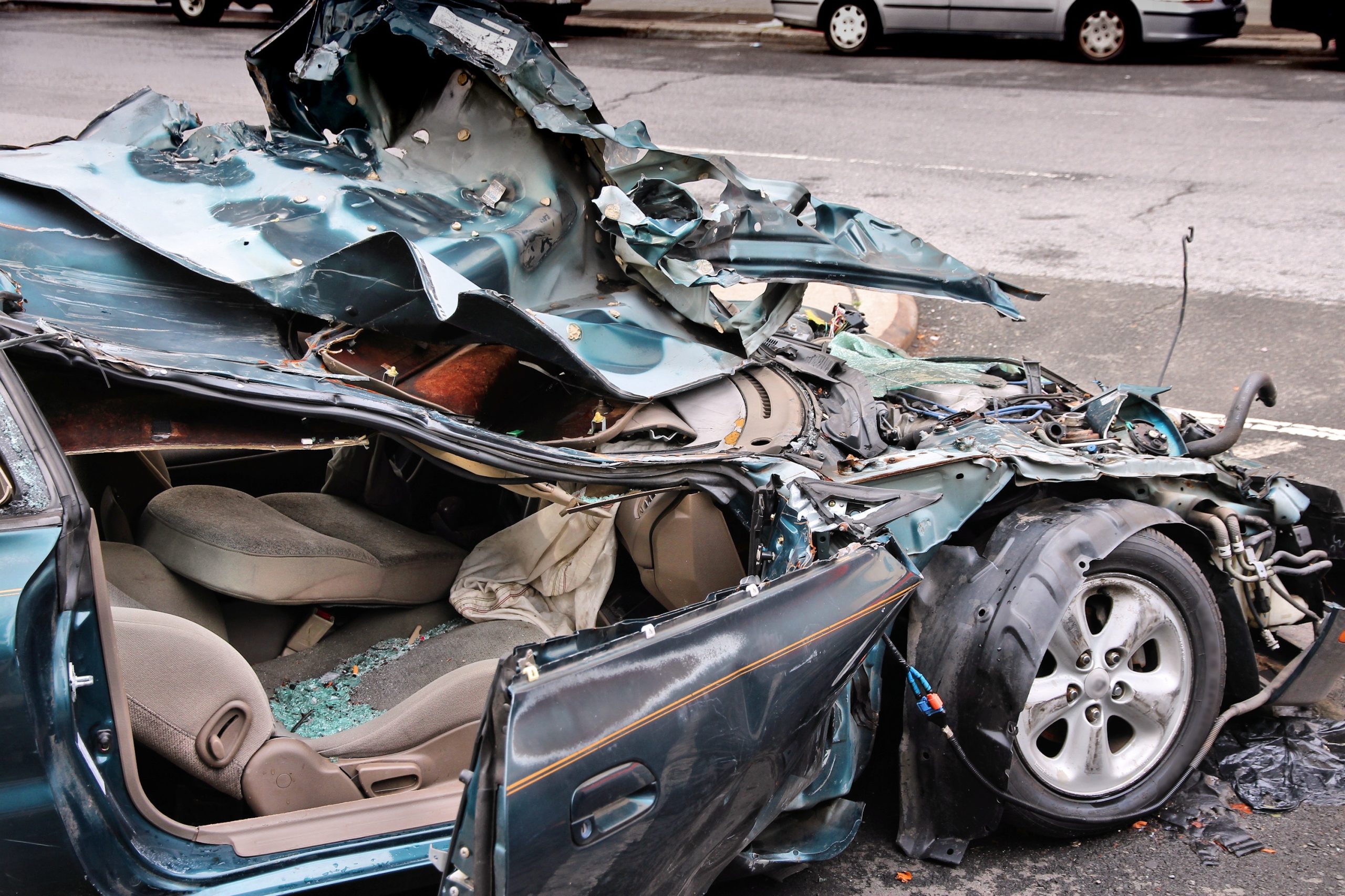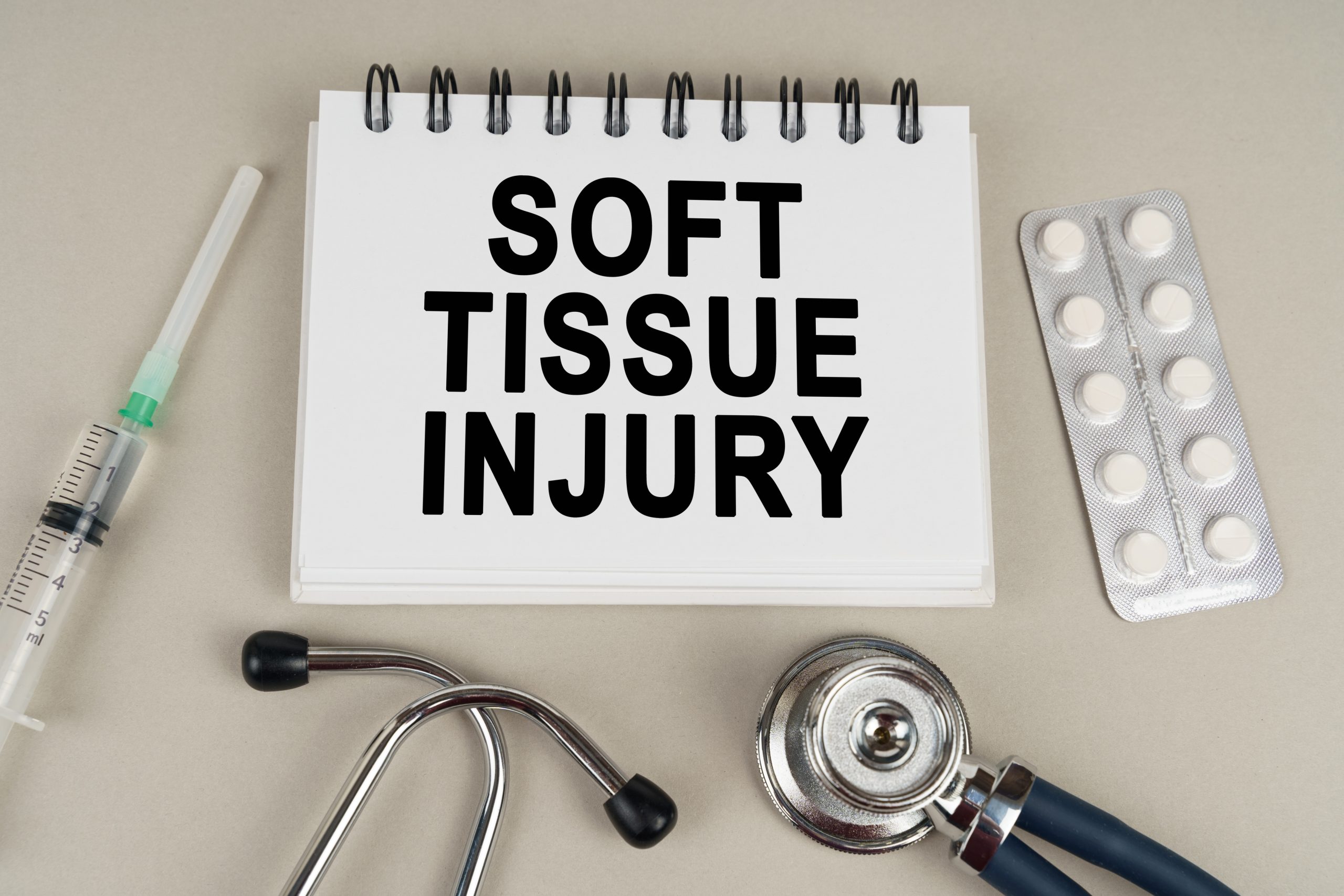Determining who is at fault in a rear-end collision is the first step in the process of obtaining compensation. Generally speaking, the trailing car will be found at least partially at fault for the accident, as rear-end actions are frequently due to distraction of the rear driver. However, the driver of the front vehicle can also be partially or entirely at fault. If you have been involved in a rear-end accident, it is important to call the police immediately. In addition to ensuring everyone’s safety, law enforcement will create an official police report, which may be invaluable to your case if you decide to file a personal injury claim or lawsuit. If you have been in a car accident where someone hit you from behind, you may be wondering how much money you can get. This really depends on the accident. If there were injuries or damage to property, it may take a while to settle because you will need to file a claim with the other driver’s insurance company. They will investigate the accident and then decide on how much they are willing to pay. You will also need to get repair estimates for your car. If the other driver’s insurance company agrees that they are at fault, they should pay for the repairs. If your car is totaled, you will need to get an estimate of how much it would cost to replace it. The last thing you will need to do is figure out how much money you lost because of the accident. This includes any wages that you would have earned if you had not been injured, as well as any other income that you lost because of the accident. You may also be able to get compensated for pain and suffering, which is the physical and emotional anguish that you experienced because of the accident.
Factors That Affect Rear-End Collision Settlements
Rear-end collision settlements could be worth anywhere from $0 to $10 million, depending on a range of factors. Here are some of the factors that affect rear-end collision settlements:
State Insurance Laws: Most states in America use a tort system for auto insurance, which means you are allowed to sue other drivers for personal injury expenses after an accident. 13 states, however, use a no-fault insurance system. You can still sue other drivers after an accident, but the scope of your lawsuit is more limited. Generally, you can expect significantly higher rear-end collision settlements in states with tort insurance systems.
Emergency Medical Expenses After the Accident: Rear-end collision settlements, at their most basic level, include compensation for any short-term medical expenses- say, expenses that occur immediately following an accident. If you received ambulatory care, for example, or were taken to a hospital for your injuries, then your settlement should cover these costs.
Anticipated Future Medical Expenses: Many rear-end collision settlements also include coverage for anticipated future medical expenses. If doctors recommend three months of physical therapy to recover from a whiplash injury, for example, then your rear-end collision settlement could include payment for these anticipated costs.
Other Healthcare Costs: A rear-end collision settlement could include coverage for all types of healthcare and medical expenses, including:
- Ambulance rides
- Hospital and doctor appointments
- Surgeries
- Medication
- Medical equipment
- CT scans, MRIs, and other diagnostics
- Physical therapy, occupational therapy, and ongoing rehabilitation
- Counseling and mental health services
- Any other healthcare costs incurred because of the rear-end collision
Lost Wages: Did the rear-end collision cause you to lose income? If you are unable to work for three months, for example, then your rear-end collision settlement could include the equivalent of three months’ worth of missed wages. If you usually earn $5,000 per month and are out of work for three months, then your rear-end collision settlement could include $15,000 in coverage for lost wages.
Loss of Future Income: Some rear-end collisions also prevent you from ever doing your job again. If a rear-end collision damaged your spine or neck, for example, then you may no longer be able to play professional sports again, leading to a loss of future income. A rear-end collision settlement could compensate you for lost wages in the near future andthe loss of future income.
Vehicle Repair or Replacement Costs: Your rear-end collision settlement also includes the cost of repairing or replacing your vehicle. If your vehicle sustained minor damage, for example, then your settlement may include $1,000 to $2,000 to repair the fender. A more serious high-speed rear-end collision, meanwhile, could lead to a total loss claim, where the cost of repairing your vehicle exceeds a certain threshold, and your insurance company pays to replace your vehicle instead.
Emotional Trauma, Pain, & Suffering: Many rear-end collisions also include compensation for emotional trauma, pain and suffering, and similar costs. You may need counseling or mental health services after a rear-end collision. Although some states (including many no-fault states) limit your compensation for pain and suffering, others allow you to receive significant compensation for emotional trauma.
Funeral & Burial Expenses: Rear-end collisions could include payment for funeral and burial expenses. If you or a passenger were killed in the rear-end collision, then this can significantly increase compensation.
Replacement Services (Like Housekeeping): After a rear-end collision, you may be unable to do laundry, cook, mow the lawn, or drive to the grocery store. Instead, you may need to hire replacement services to perform these tasks. A rear-end collision settlement could cover the cost of hiring these replacement services, assuming you can no longer perform these tasks yourself.
Modifications to Your Home or Vehicle: A rear-end collision could require you to make modifications to your home or vehicle. You may need a wheelchair ramp at home, for example, after a rear-end collision. Your settlement could include the cost of adding hand controls to your vehicle or ramps to your home, among other required modifications.
Punitive Damages: Some rear-end collision settlements include punitive damages. Punitive damages are not designed to compensate the victim; they are specifically designed to punish the at-fault driver for their actions. Although rare in rear-end collisions, a court may award punitive damages in severe rear-end collision situations- say, if the rear-end collision was intentional or if the other driver was driving recklessly at high speeds.
Final Thoughts
Should you decide to speak to a personal injury lawyer, they can help you can determine the best path forward for your case based on injuries, medical expenses, vehicle repair costs, and other expenses incurred after the accident. Most personal injury lawyers provide free consultations with no obligations. You can schedule a consultation to see how much you could be owed in a settlement, then decide if it is worth pursuing the claim. In fact, many personal injury lawyers do not charge anything until after you receive your payout (also known as a contingency fee). Ultimately, rear-end collisions vary widely in compensation. Some settlements are worth hundreds of thousands of dollars, while others are worth virtually nothing. By speaking to a lawyer, you can ensure you are receiving fair value for your rear-end collision- including complete coverage for medical bills, rehabilitation expenses, lost wages, vehicle repair costs, and other expenses incurred after an accident.



